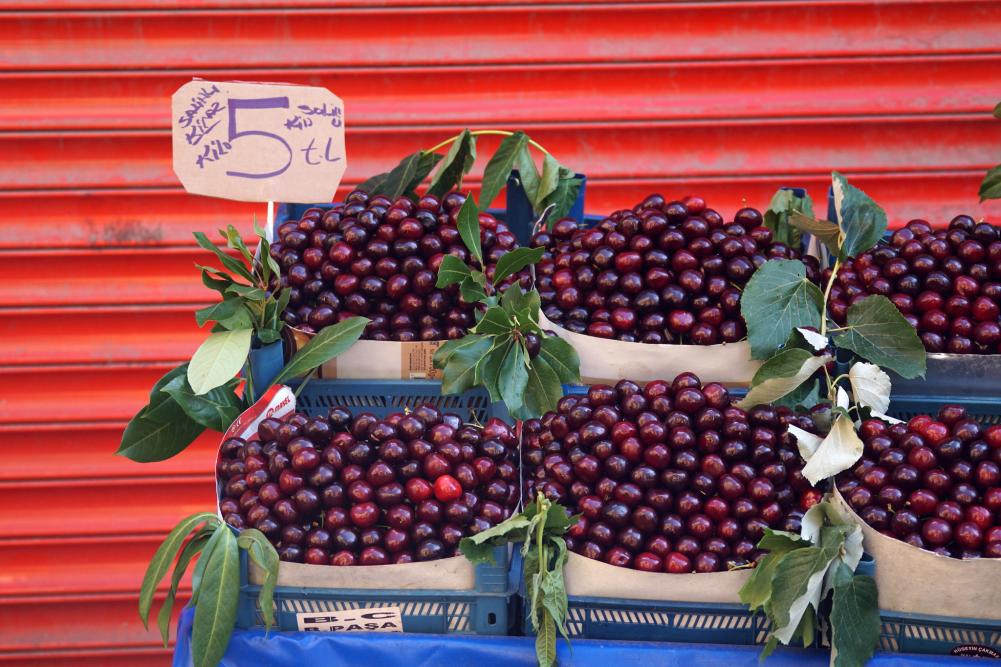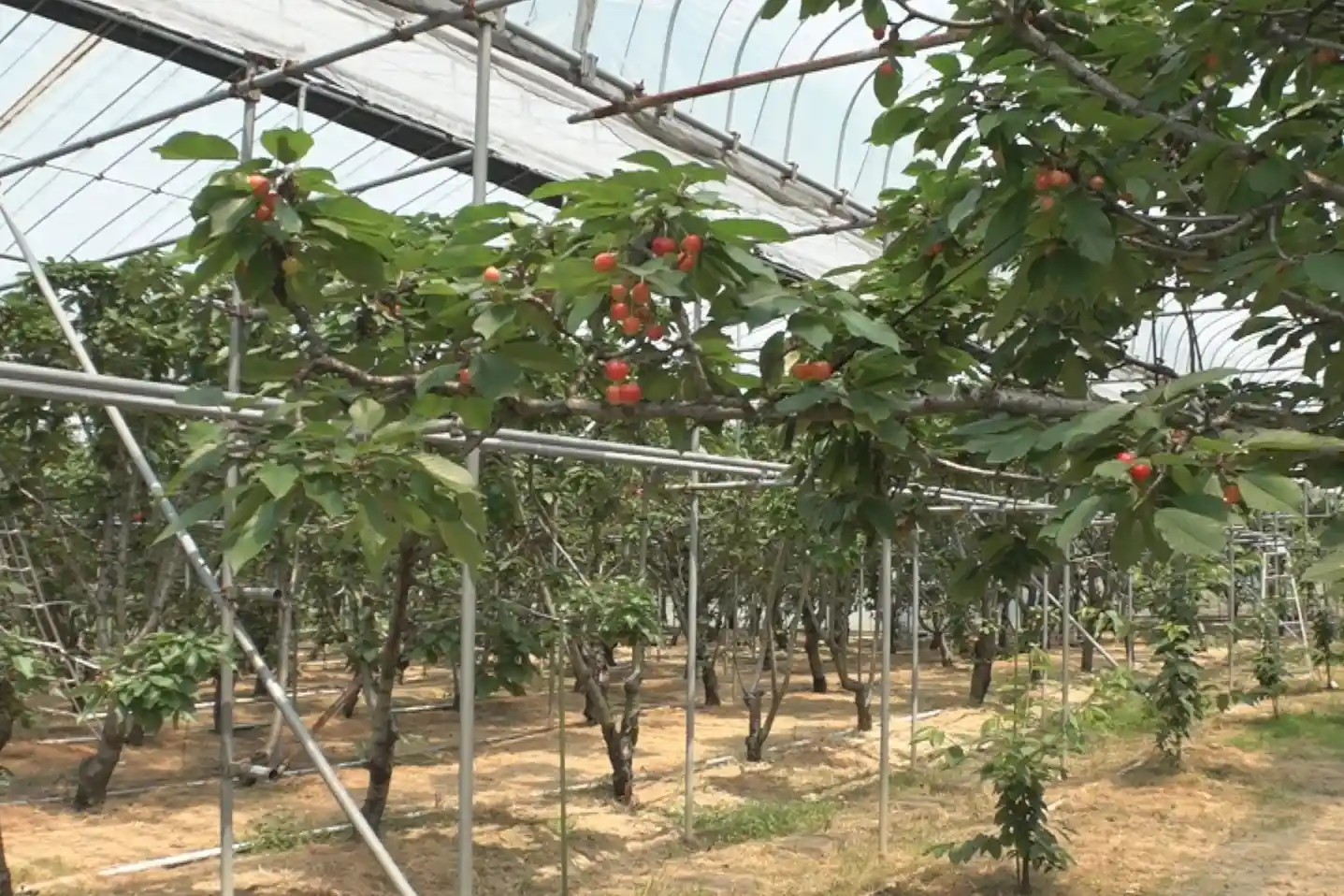The Union of Trade Unions has rejected Agroseguro S.A.'s proposals for cherry insurance, which were presented to the Regulatory Group on Thursday, 26 October, because if they go ahead, they will push professionals and farmers who need it most out of line.
On Thursday, the Regulatory Group of the ENESA General Commission met to discuss Agroseguro's proposal for cherry insurance for the 2024 crop year. The proposed measures include the elimination of frost irrigation in module P, which would only be guaranteed in the event of poor fruit set in modules 1 and 2, and the restriction of the possibility to contract rain risk only per farm, instead of per plot as is currently the case.
In addition, contracting options would be reduced for policyholders with a history of poor performance, both in terms of rainfall and frost and other adverse events. The former would be subject to a plot-level damage cap of 50 per cent or 60 per cent, with a 30 per cent deductible, while the latter would be limited to the guaranteed 50 per cent or would not be allowed to contract for frost and other adverse weather conditions.
These proposals, which would affect more than a third of the current cherry insurance subscribers, would mean that in case of severe damage they would receive no compensation and if the damage reached 100 per cent they would not be compensated for more than 20 per cent. "Under these conditions, and with an insurance that is also expensive, no one will insure anyone and it will be another load line just when climate change is causing more and more losses on our farms," warns Unión de Uniones.
Cherry insurance in the mid-1990s had a pool of 6,000 to 7,000 underwriters, whereas currently there are only 1,000, which cannot even cover a quarter of the cherry-growing area in Spain. A large part of the drop in contracts has occurred in Cáceres, where around 300 policies have been taken out, many of which will be dropped if the proposals made by Agroseguro are adopted.
The organisation has already expressed its rejection of these measures in the ENESA working group held on 18 October. "Agroseguro S.A. wants to expel from agricultural insurance those who need it most, and the main victims of these measures are rural professionals who basically earn their living by working on their farms," criticises the Union of Trade Unions.
What is worrying for the organisation is that this trend is also occurring in other branches, depriving agricultural insurance of the role of protecting agricultural incomes with which it was born.
The situation was confirmed - according to the Union of Trade Unions - at the ENESA International Congress held in Jerez earlier this month, where it became clear that in the plans of the current Minister of Agriculture, Luis Planas, there is an intention to leave extraordinary episodes related to climate change out of agricultural insurance, which should be covered by other risk management mechanisms, but without clarifying what these should be.
"They want to take us to a system of agricultural insurance in a rigged form, which requires little money from the administrations and is a business for Agroseguro S.A. and the pool of insurers," criticises the Union, which, in reaction to this drift, has drawn up a document of proposals to save agricultural insurance for farmers and livestock breeders, and in which it proposes, among other issues, that subsidies for contracting be increased and that ENESA carry out a real task of reviewing the management of Agroseguro.
Source: Revista Mercados
Cherry Times - All rights reserved










